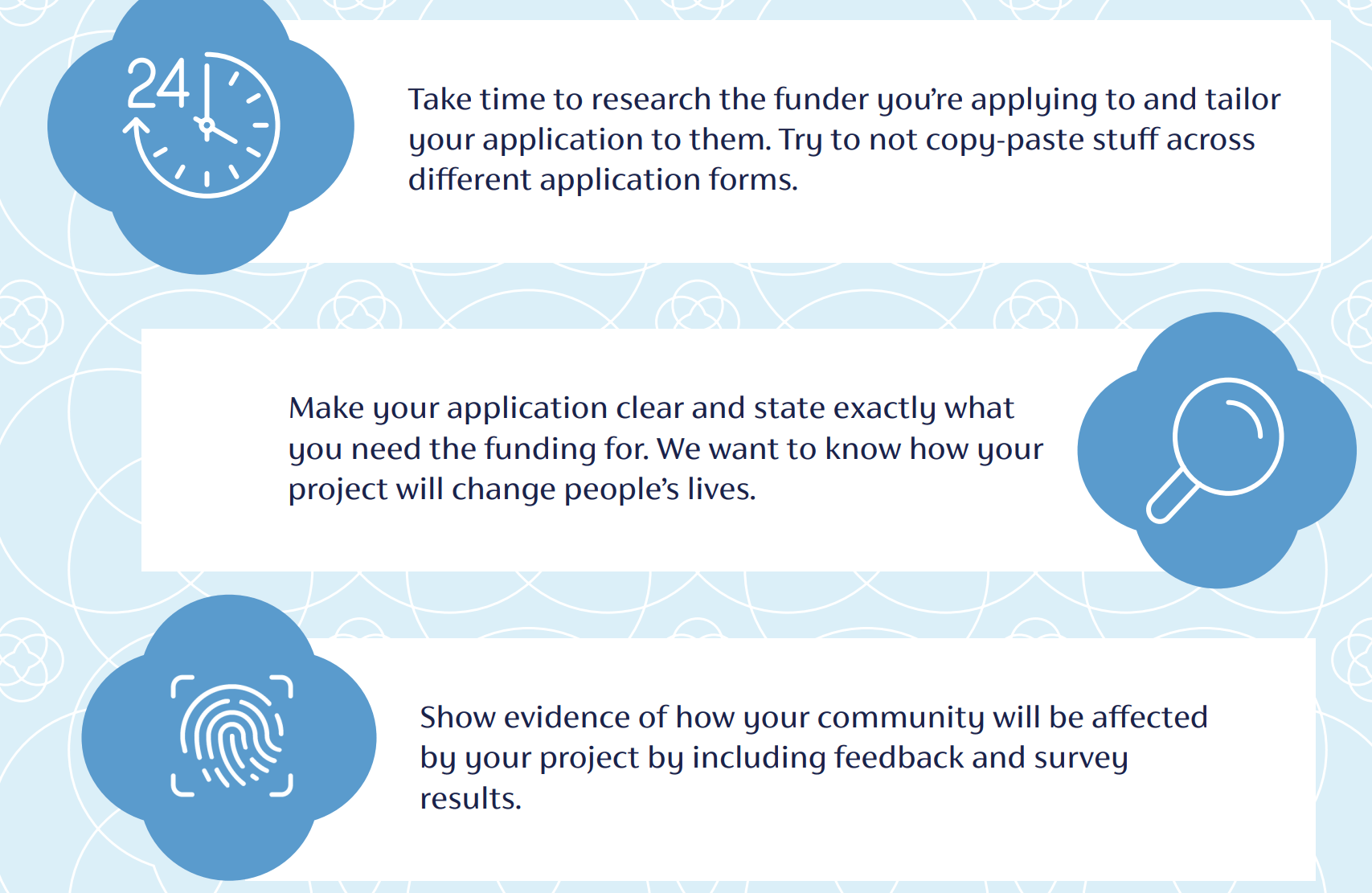Passion Plays and faith communities


Does Government ‘do’ God?: An independent review into how government engages with faith was published in 2023 and is the result of extensive fieldwork. Colin Bloom talked to representatives from a range of faith groups, including 21,000 respondents and nearly 1 million pieces of data.
This report is one of the most extensive investigations into faith and religion in modern Britain and it resulted in 22 recommendations for the government to implement.
We are particularly interested in this report because Passion Plays can be described as faith communities as well as community arts projects that work in a similar way to youth clubs, holiday clubs, foodbanks, neighbourhood groups, activities for the elderly. All of these are specifically mentioned in the Bloom report as social activities which generate a total social value of between £12.4 billion and £62.8 billion a year (p.35).
You can read the Bloom report in PDF form here and also read a summary description here.
Independent review into faith and religion in the UK
According to Bloom’s report, faith is an ‘overriding force for good’ and the UK government needs a ‘greater understanding of faith in all its diversity will ensure that we remain a country that respects, celebrates and understands people of all faiths, beliefs and none.’
Numerous studies have pointed to the wider health, economic, social and educational benefits that faith communities bring to society. The report identified the important work of faith groups across the country and their massive and important role in public life:
“Without faith, places of worship and people of faith, this country would be poorer, blander and less dynamic. Faith is a force for good, and government should do more to both understand and release the potential of this fantastic resource.”
Bloom’s report recognises the importance of faith and faith communities and recommends that the government should facilitate and encourage the voluntary generosity and compassion of faith-based groups, charities, foundations and organisations. Faith communities meet people’s needs in a way that government institutions do not or cannot. Furthermore, a better understanding of faith will help government tackle systemic issues including forced marriages, child safeguarding and extremism.
Importance of faith communities
For millions of people, faith and belief informs who they are, what they do and how they interact with their community, creating strong ties that bind our country together. According to Danny Kruger, MP:
“Faith communities have a greater asset than their wealth when it comes to providing support and succour to people in need. Their values, their concern for the spiritual wellbeing of individuals and society, provide a motivation and commitment that often exceeds that of paid professionals. They have deep roots in local communities and are there for the long-term” (quoted p. 41).
Faith communities are a powerful force for change and transformation within society. They create a more cohesive community characterised by hope, constructive endeavours and a positive vision for the future.
As Bloom’s report points out, people in faith communities are:
- More likely to develop healthy habits (both mental and physical) and better understand their role in the universe, therefore gaining more hope, meaning and purpose in life.
- More likely to create strong bonds and generate close-knit support and accountability
- More likely to be charitable
- More likely to be happier, more satisfied with life and less likely to suffer from depressive symptoms – higher levels of satisfaction
- More likely to have social good activities
Faith literacy
Faith literacy is very important, but according to Bloom woefully inadequate among civic leaders and policy makers. Much more needs to be done to ensure that those who seek to govern our country are both cerebrally equipped and intellectually curious about the subject so they can understand the people they hope to lead.
Interfaith understanding among faith leaders has really improved, but intrafaith work is both undeveloped and unloved. Much more needs to be done to ensure that there is greater understanding of what is happening within each faith setting, not just across the major faith groups (p. 158).
There is a need for a new programme of faith literacy training for all public sector staff, ensuring public servants understand those they are helping, and to increase partnership opportunities with faith groups who are already playing a valuable role in the social fabric of our society.
Protecting freedom of faith groups
The four fundamental British values of freedom (individual liberty), democracy, justice (rule of law), and tolerance (mutual respect)
The UK has a long-standing history of religious plurality, and protecting these freedoms is at the heart of what the UK stands for. However, the call for evidence for this review found that 53% of respondents believe that freedom of religion or belief is under threat. This was notably higher among Christians (68%), with many citing high-profile cases of job losses because of ‘bringing their faith to work’ or being penalised for bringing their faith into the public square. Many Christian respondents said they no longer feel able to be who they are in public or at work, after experiencing the dismissal of traditional religious beliefs and practices.
This review unearthed many concerns from diverse faith communities that government is overlooking the complexity of the issue, fuelling a trend in society, the media and government to privatise religion and belief. For example, there was a consistent emphasis among Christian respondents of the danger of no-platforming, and the lack of a decisive response from politicians and government to address this issue. The concern was that the views and beliefs of many Christians are being marginalised and rejected from discussions without exploring why people hold particular beliefs about life, relationships and meaning.
Religious freedom is a vital component of a healthy society. A 2022 report by the United States Institute of Peace notes the link between freedom of religion or belief and democracy, political stability and even economic development in localised cases (p.47). A 2006 report for government similarly found that the positive contributions of faith and religion are frequently associated with the purposefulness it provides, resulting in higher levels of life satisfaction among people of faith (p.51).
Important quotes
You can read some quotes from the report below and if you want to read the full report you can find it here.
“For millions of people, faith and belief informs who they are, what they do and how they interact with their community, creating strong ties that bind our country together.”
“As we as a nation continue to become more diverse, so too does the landscape of faith and belief. Our government’s understanding of the role of faith in society must remain both current and alive to its evolutionary changes.”
“It must also not shy away from some of the challenges that exist in small pockets within faith communities, from forced and coercive marriages to faith-based extremism, financial exploitation, and child safeguarding. These must not be consigned to the ‘too difficult’ box.”
“Greater understanding of faith in all its diversity will ensure that we remain a country that respects, celebrates and understands people of all faiths, beliefs and none.”



